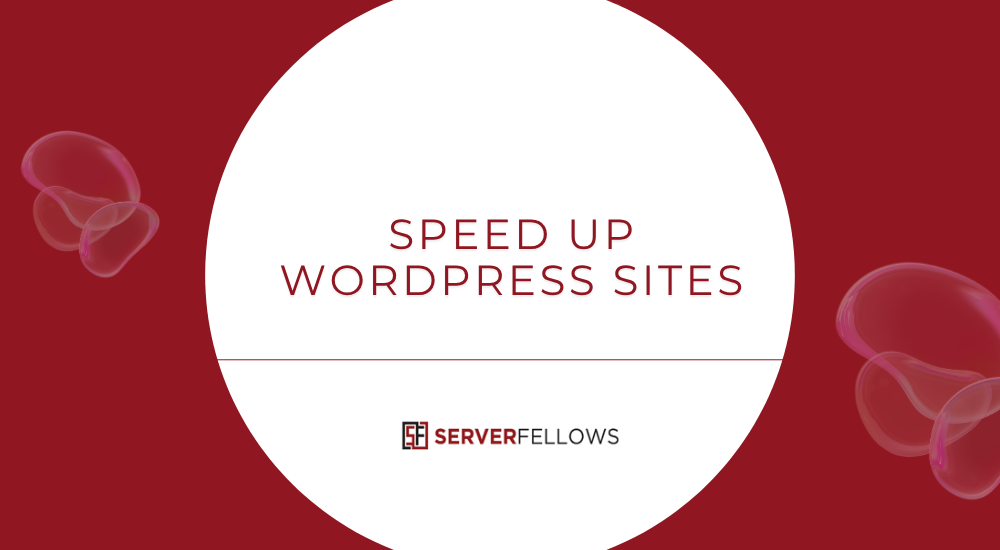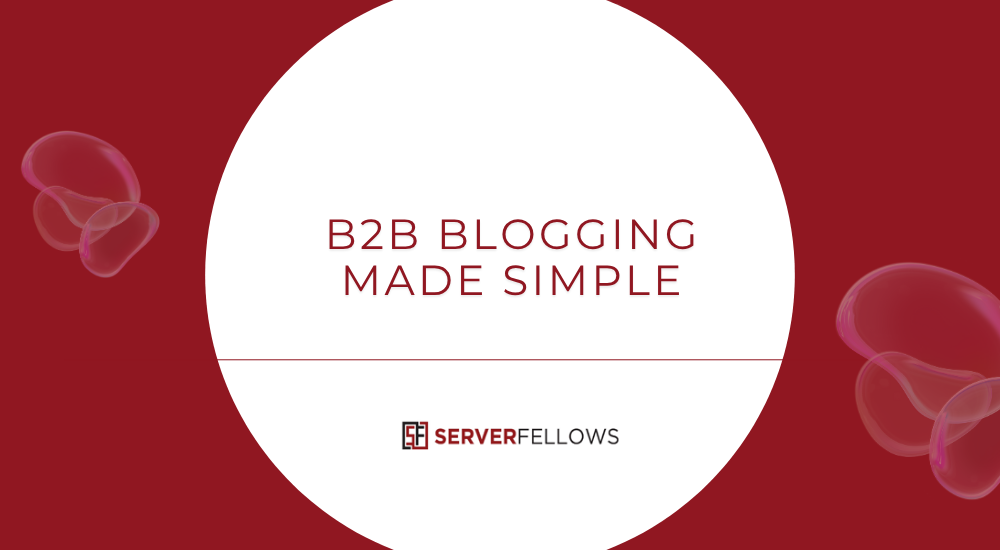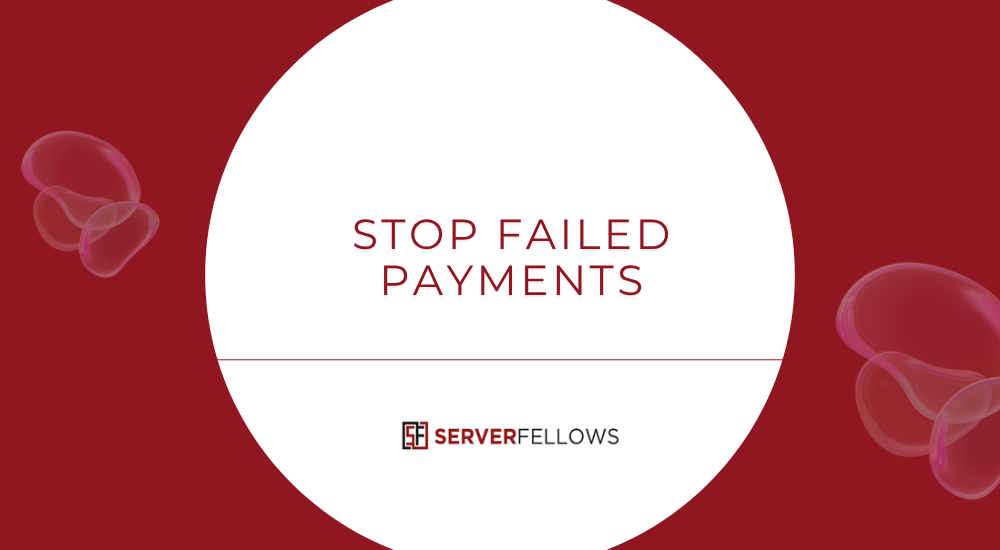
Best WordPress Plugins to Improve Website Speed
Website speed is more than just a technical metric—it shapes how visitors perceive your brand, affects SEO rankings, and even influences conversions. A slow-loading site can increase bounce rates, frustrate users, and lower your search visibility. Thankfully, you can accelerate your website’s performance using specialized WordPress plugins designed for caching, optimization, and efficient content delivery.
If you manage your site’s hosting through Serverfellows.com, you already benefit from optimized server environments, but pairing them with the right performance plugins can take your speed to the next level. Below, we explore the best WordPress plugins to improve website speed, how they work, and why they matter for long-term performance.
Why Website Speed Matters
Speed affects nearly every aspect of a website—from user engagement to SEO rankings. Google’s Core Web Vitals measure how quickly pages load, how stable they appear, and how soon visitors can interact. A difference of even one second in load time can impact conversions by up to 7%. Faster sites rank higher, perform better in paid ad campaigns, and encourage longer visits.
That’s why selecting the best WordPress plugins to improve website speed is essential for both performance and profitability.
Key Takeaways
- WP Rocket simplifies caching, compression, and minification for instant speed gains.
- Better WordPress Minify reduces CSS and JavaScript file sizes to decrease HTTP requests.
- Lazy Load delays image loading for smoother first paints.
- WP Smush and EWWW Image Optimizer shrink image file sizes without visible loss.
- Cloudflare improves delivery speed via global CDN distribution.
- WP Database Optimizer removes clutter to streamline backend performance.
WP Rocket
WP Rocket is one of the most powerful yet beginner-friendly tools among the best WordPress plugins to improve website speed. It manages multiple speed enhancements automatically—page caching, browser caching, GZIP compression, and code minification.
Its setup takes only minutes. Once activated, it starts caching pages and compressing assets without complicated configuration. For instance, GZIP compression can reduce file sizes by up to 70%, and caching ensures repeat visitors experience near-instant loading.
The plugin’s dashboard balances simplicity with control. Users can exclude certain pages from caching or fine-tune preloading behavior. Combined with Serverfellows.com’s high-performance hosting, WP Rocket helps achieve lightning-fast load times without requiring advanced technical skills.
Better WordPress Minify
Better WordPress Minify specializes in reducing CSS and JavaScript file sizes. It strips out unnecessary spaces and characters, helping browsers load fewer kilobytes per page request. Although its role seems small, minification can have a measurable effect on page load speed, especially when you have multiple stylesheets and scripts.
This plugin can combine files to reduce HTTP requests—a crucial factor in boosting rendering speed. It’s free, lightweight, and works well alongside caching tools like WP Rocket. Testing your site after enabling it is always wise to ensure compatibility with specific themes or builders.
If you host your site via Serverfellows.com, combining Better WordPress Minify with their caching infrastructure can yield near-instant load improvements.
Lazy Load
Images are often responsible for the heaviest content on a webpage. Lazy Load improves performance by delaying image loading until they appear in a user’s viewport. This means that visitors see the visible content first, and images below the fold load only when needed.
For image-heavy websites—like portfolios, blogs, or eCommerce stores—Lazy Load can significantly cut initial load times and bandwidth consumption. It enhances both the Largest Contentful Paint (LCP) and First Input Delay (FID), which are key Core Web Vitals metrics.
By integrating this plugin, your website becomes more responsive while using fewer resources—especially when hosted on optimized servers such as Serverfellows.com.
Jetpack’s Photon
Part of the Jetpack suite, Photon delivers images from WordPress.com’s global CDN network. Instead of pulling images from your own server, Photon caches and serves them through high-speed CDN endpoints, drastically cutting latency.
Once activated, images are automatically optimized and resized for each visitor’s device. This plugin works well for sites needing instant scalability without configuring an external CDN account.
Photon is entirely free, making it a good entry-level solution for those exploring CDN-based optimization. When combined with reliable hosting, such as Serverfellows.com, the result is faster global delivery and reduced server load.
WP Smush
Among the best WordPress plugins to improve website speed, WP Smush stands out for its ease of use and automated image optimization. It compresses every uploaded image, stripping unnecessary data while maintaining visual quality.
Its bulk optimization tool handles existing images efficiently, and the auto-smush feature processes new uploads in real time. Users can also set image dimension limits to prevent oversized media from affecting performance.
By reducing image size without hurting aesthetics, WP Smush helps pages load faster and enhances Core Web Vitals. Pairing WP Smush with a quality host like Serverfellows.com ensures consistent performance gains across all media types.
EWWW Image Optimizer
EWWW Image Optimizer is a robust alternative that processes images directly on your server, maintaining control and privacy. It supports both lossless and lossy compression modes and can automatically convert images to modern formats like WebP for reduced file sizes.
It also handles background optimization and allows bulk processing of media libraries. Advanced users appreciate its granular settings for quality adjustment and metadata removal.
Used alongside caching tools, EWWW Image Optimizer offers an all-round image optimization solution. If your site is hosted on Serverfellows.com, its server-level resources can maximize compression speed and minimize CPU overhead.
WP Database Optimizer
Over time, WordPress databases accumulate clutter—revisions, spam comments, transients, and unused tables. WP Database Optimizer cleans these efficiently, helping your site perform backend queries faster.
A streamlined database means fewer milliseconds spent fetching content and lower memory usage. You can schedule automatic cleanups or run them manually after updates or content changes.
Before running a cleanup, always create a backup. Once combined with caching and compression plugins, this tool ensures your backend remains lean and fast. Serverfellows.com hosting pairs perfectly with it to maintain long-term site efficiency.
Cloudflare
Cloudflare is a powerful global CDN that caches your website’s static content at data centers around the world. Though not a traditional plugin, its integration with WordPress is seamless and adds a layer of global optimization.
By caching assets on edge servers, Cloudflare shortens the distance between visitors and your content. Features like Brotli compression, HTTP/2, and DNS-level caching dramatically cut latency and server strain.
Free plans are often sufficient for most small-to-medium websites, while premium tiers add extra tools like firewall protection and image optimization. Combined with hosting from Serverfellows.com, Cloudflare ensures top-tier performance with minimal setup.
| Feeling | Outcome |
|---|---|
| Relief | Faster first paint |
| Confidence | Stable uptime |
| Joy | Snappier images |
| Trust | Global consistency |
| Control | Clear analytics |
Frequently Asked Questions
How Do I Measure Speed Improvements After Installing Plugins?
Benchmark your site before and after optimization using tools like Google PageSpeed Insights, GTmetrix, and WebPageTest. Focus on metrics such as Largest Contentful Paint (LCP), Cumulative Layout Shift (CLS), and total load time. These reflect real-world user experiences and SEO impact.
Will These Plugins Conflict With My Theme or Page Builder?
Conflicts are rare, but it’s wise to test on a staging site. Avoid enabling multiple plugins that minify or cache simultaneously, as overlapping functions can cause display errors. Always clear caches and retest after activation.
What Order Should I Configure Performance Plugins?
Start with database cleanup, followed by image optimization, lazy loading, CDN integration, file minification, and finally caching. Test after each step, clear caches, and verify Core Web Vitals improvements. Gradual optimization prevents conflicts and ensures measurable gains.
How Often Should I Audit and Remove Unused Plugins?
Conduct a quarterly audit. Deactivate and remove unused or redundant plugins to prevent slowdowns and potential security risks. Before major updates, perform another check and test thoroughly.
Do Performance Plugins Affect SEO Rankings?
Yes. Since page speed is a confirmed ranking factor, optimizing it through these plugins directly supports SEO efforts. Faster sites have lower bounce rates, longer sessions, and better conversion metrics—signals search engines value highly.
Conclusion
Speed is no longer optional—it’s the foundation of a smooth, successful online presence. The best WordPress plugins to improve website speed—from WP Rocket’s all-in-one optimization to Cloudflare’s global CDN—work together to eliminate bottlenecks, compress files, and accelerate delivery.
Each plugin targets a specific layer of performance, and when used strategically, they transform sluggish websites into lightning-fast experiences that retain visitors and boost rankings.
Combine these tools with reliable, performance-oriented hosting from Serverfellows.com to unlock your site’s full potential—faster load times, better engagement, and higher SEO visibility.


